As a homeowner, you may not think about your attic often, but it’s essential to your home’s overall health and safety. Your attic can impact your home’s energy efficiency, ventilation, and even its structural integrity. That’s why having your attic inspected by a professional home inspector is crucial.
Let’s explore the importance and benefits of having your attic inspected and highlight some of the key items that a home inspector will look for during an attic inspection.
Attic Ventilation
Proper ventilation is crucial in your attic. Without proper ventilation, your attic can trap moisture, which can lead to mold and mildew growth. Additionally, high temperatures in your attic can cause your roof shingles to deteriorate, reducing their lifespan.
During an attic inspection, a home inspector will check to make sure that your attic has proper ventilation. They’ll look for the correct number of vents and ensure that they’re positioned correctly. Your inspector will also check for obstructions, such as insulation or debris, that may be blocking your vents.
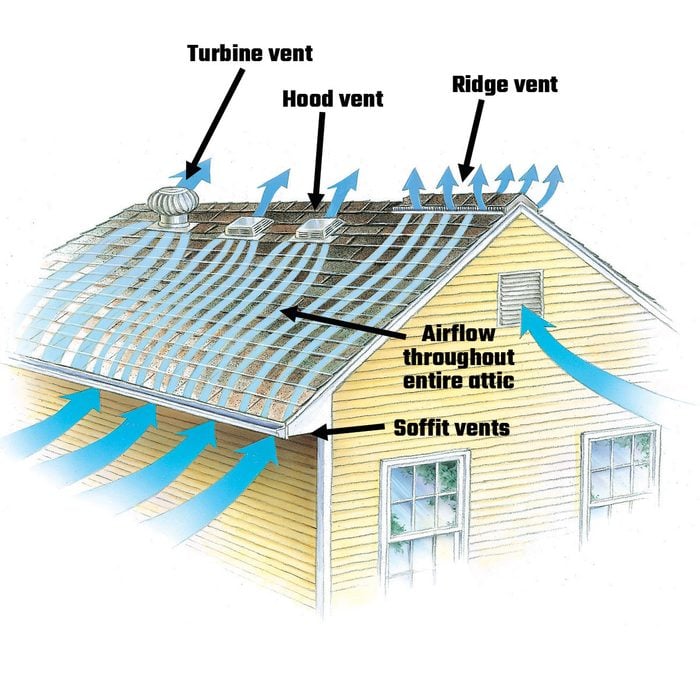
Insulation
Insulation is another essential component of your attic. Proper insulation helps to keep your home cool in the summer and warm in the winter. However, insulation can degrade over time, or it may not have been installed correctly in the first place.
During an attic inspection, your home inspector will check your insulation to ensure it’s installed correctly and meets the recommended R-value for your climate. They’ll also check for any signs of damage or degradation, such as compressed or damp insulation.
If you use your attic for storage, it’s essential to ensure that any flooring that you’ve installed does not reduce the depth and insulative value of your attic insulation. If you have thin flooring or if the insulation has been compressed under the weight of stored items, it can lead to reduced energy efficiency and increased energy costs.
During an attic inspection, your home inspector will check your attic flooring to ensure that it’s not compromising the insulation’s depth or insulative value.
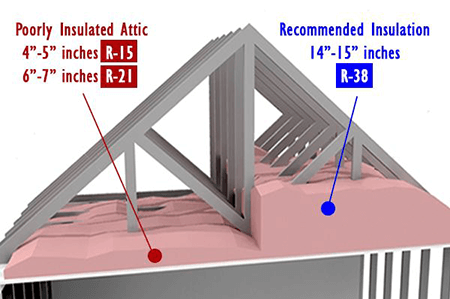
Exhaust ventilation from Bathrooms and Kitchens
Another critical aspect of your attic is its exhaust ventilation. If your home has exhaust fans in your bathrooms and kitchen, they should vent directly outside of your home. If the exhaust vents into your attic, it can create excess moisture, which can lead to mold growth.
During an attic inspection, your home inspector will check to make sure that all exhaust vents in your home are vented outside of your home and not into your attic.
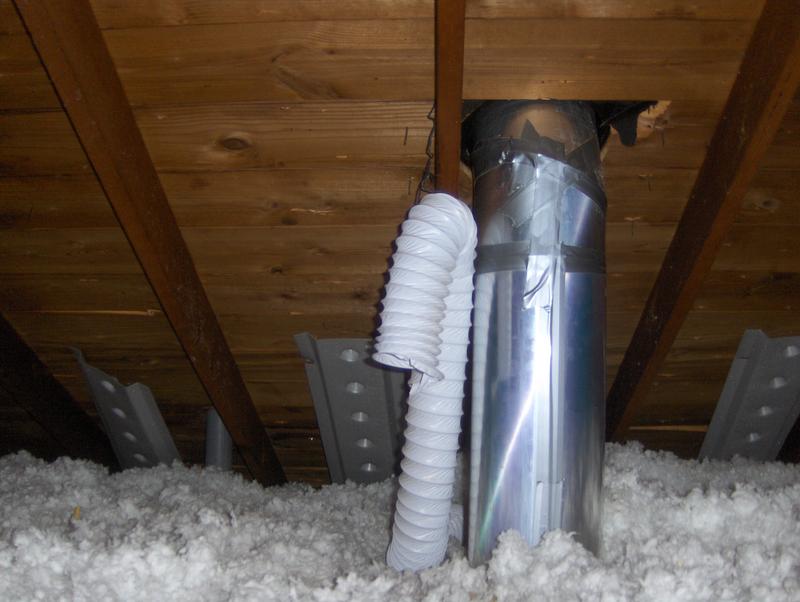
Improper Structural Modifications
Your attic can reveal signs of questionable structural modifications. For example, if a previous homeowner removed a load-bearing wall, it could compromise your home’s structural integrity. Additionally, if your attic has been modified to create additional living space, it’s essential to ensure that it was done correctly and that it meets your local building codes.
During an attic inspection, your home inspector will check for any signs of structural modifications that may have been done incorrectly or without the proper permits.
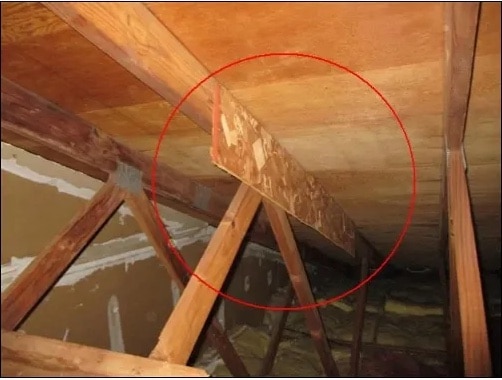
Improper Electrical Wiring
Your attic may also reveal signs of improper electrical wiring. If a previous homeowner performed electrical work without the proper permits or hired an unlicensed electrician, it can be a significant safety hazard. Additionally, if electrical wiring has been added to your attic without proper insulation or protection, it can create a fire hazard.
During an attic inspection, your home inspector will check for signs of improper electrical wiring, such as exposed wires or wires that are not properly secured.
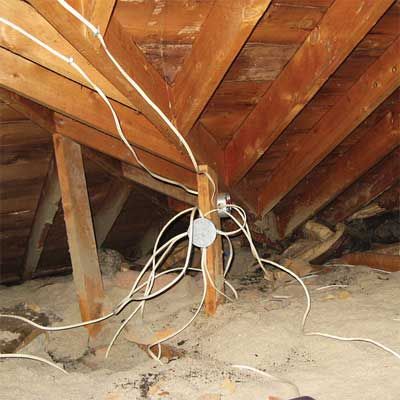
Signs of Excess Moisture and/or Mold
Finally, your attic can reveal signs of excess moisture and/or mold growth. Any signs of excess moisture or mold growth in your attic can be a significant health hazard for you and your family. Mold can cause respiratory issues and aggravate allergies and excess moisture can lead to structural damage.
During an attic inspection, your home inspector will check for signs of excess moisture, such as water stains or damp insulation. They’ll also look for signs of mold growth, such as visible mold or a musty smell.

Having your attic inspected by a professional home inspector is crucial for your home’s overall health, safety, and longevity. Your inspector will check for proper ventilation, insulation, exhaust ventilation, questionable structural modifications, improper electrical wiring, flooring that reduces the depth and insulative value of attic insulation, and signs of excess moisture and/or mold. By addressing any issues found during an attic inspection, you can improve your home’s energy efficiency, prevent structural damage, and ensure the health and safety of your family.
If you’re unsure about the condition of your attic, or if it’s been a while since your last inspection, contact a professional home inspector to schedule an attic inspection. They can provide you with a detailed report of their findings and recommend any necessary repairs or improvements. It’s an investment that can save you money in the long run and provide you with peace of mind knowing that your home is safe and healthy.
